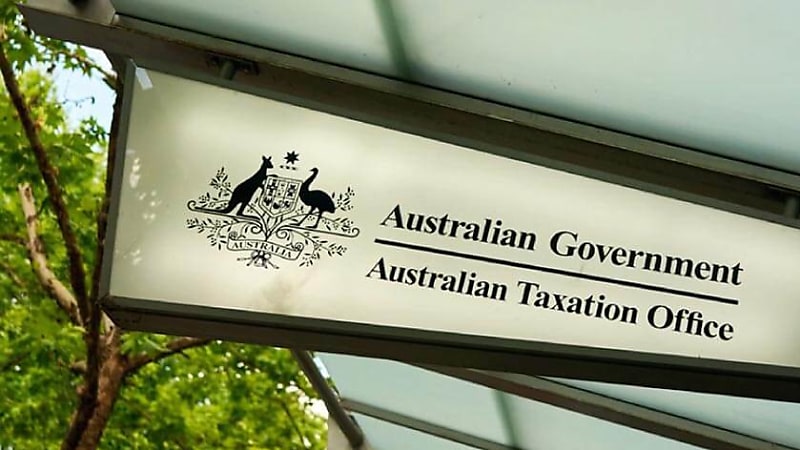It’s not just a case of showing the money: PBR rules on financial dependency
For a relationship of dependency to be established, there must be more than the mere giving of money, a recent Public Binding Ruling has stated.
The PBR (1052401167931) dealt with the question as to whether a person who was dependant on the deceased just before they died can be qualified as a death benefits dependant according to section 302-195 (1)(d) of the Income Tax Assessment Act 1997 (ITAA 1997).
The beneficiary is the adult child of the deceased who stated that their parent disappeared and was declared deceased by authorities who believed the death occurred at about the time of the deceased’s disappearance.
Leading up to and at the time of the deceased’s death, the beneficiary claimed they were dependant on the deceased, who was providing financial support, which subsequently ceased at the time of the deceased’s disappearance.
The beneficiary claimed that for several years, they lived in a property owned by the deceased, who was the sole contributor to the mortgage, household bills and general living expenses, including groceries. The living arrangements changed when the deceased moved out of the property to reside in a rental with their other child, while the beneficiary remained in the property.
The facts continued that immediately prior to the deceased going overseas, they would spend a number of nights a week staying at the property with the beneficiary to provide support and assistance to ensure the beneficiary was coping with living on their own.
After finishing school and having obtained low-paying jobs, the beneficiary received employment as a trainee, but the modest income was still insufficient to meet daily and basic needs without the financial support provided by the deceased.
Prior to the deceased’s death, they continued to fund the majority of the costs associated with the property and contributed substantially to the beneficiary’s living expenses. The beneficiary made nominal financial contributions to assist with these costs and tried to pay a nominal amount per week; however, these payments were irregular.
The beneficiary stated they depended on the deceased’s financial support to survive on a day-to-day basis, including funding their living arrangement and household expenses. The deceased would deposit money into the beneficiary’s bank account, provide their debit card for groceries and takeaway meals, and contribute to the running costs, in particular registration of the beneficiary’s vehicle, which the deceased purchased for the beneficiary.
The statement continued that the beneficiary’s financial dependency on the deceased was quickly realised shortly after the deceased’s death, as the mortgage on the property went into arrears, as the beneficiary was unable to meet the repayments. The property was sold by the bank, and the beneficiary was left homeless for several months.
The commissioner ruled that, as the beneficiary did not permanently live with the deceased in the period leading up to their death, the requirements of paragraph 302-195(c) of the ITAA 1997 (interdependency relationship) cannot be satisfied.
The ruling continued that the definition of death benefits dependant does not stipulate the nature or degree of dependency required to be a dependant of the deceased person in paragraph 302-195(1)(d) of the ITAA 1997. However, it is generally accepted that this paragraph refers to financial dependence.
“The Macquarie Dictionary defines ‘dependant’ as a person to whom one contributes all or a major amount of necessary financial support,” it said.
“There are a number of case law decisions that specify what is required to establish financial dependency. Specifically, the definition of dependency was addressed and interpreted in the High Court case of Kauri Timber Co (Tasmania) Pty Ltd v. Reeman (1973) 47 ALIR 184 (Kauri Timber); Gibbs J in speaking to previous cases on the issue of dependency stated that: ‘The principle underlying these authorities is the actual fact of dependency or reliance on the earnings of another for support that is the test’.”
Furthermore, the ruling continued that dependency involves more than the mere receipt of support, but also reliance on it, which was affirmed by Hamilton J in Griffiths v Westernhagen [2008] NSWSC 851: “For a relationship of dependency to be established, there must be more than the mere giving of money. Rather, there must be a relationship where one party relied on the other for what is required for their ordinary living.”
The ruling stated: “In this case, we have been advised ‘it is difficult to itemise and quantify the support in detail as the deceased paid for expenses directly, such as groceries or provided cash for takeaway meals and shopping’. As such, there is little in the way of evidence which can be provided.”
“Limited evidence has been provided pertaining to bank transfers. The bank statements and ATO-held data show that the beneficiary was in receipt of regular wage payments from their employer, and these were still being received at the date of death.”
Furthermore, the ruling added that it is accepted that the beneficiary was living at the property that the deceased purchased and was not paying for the running costs; however, no evidence was provided to show the amounts that the deceased paid towards the property costs.
Additionally, no evidence was provided showing financial support to assist the beneficiary in meeting their ordinary living expenses.
“The beneficiary’s income history reflects that at the beginning, they received limited income and had periods of unemployment. However, at the date of death, the beneficiary was receiving regular wages and were not financially dependent on the deceased to pay for their ordinary living expenses,” it added.
“Based on the evidence provided, the commissioner is not satisfied that the beneficiary was a person who was substantially reliant on regular and continuous financial support from the deceased for their ordinary living expenses.”


